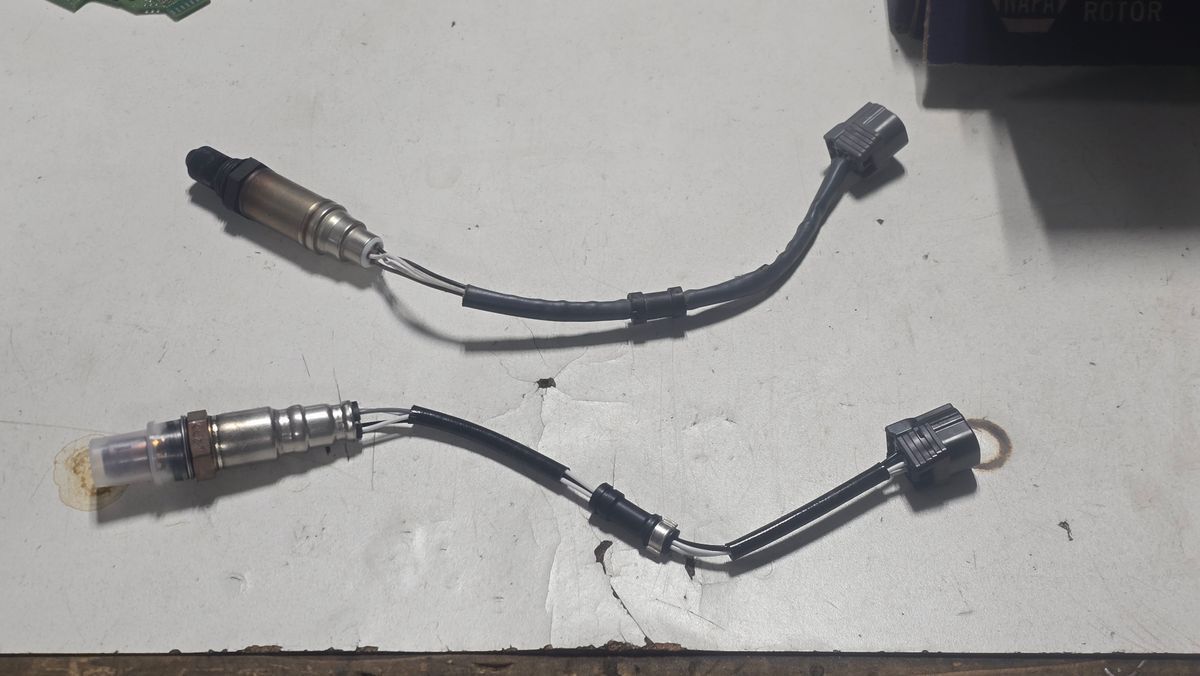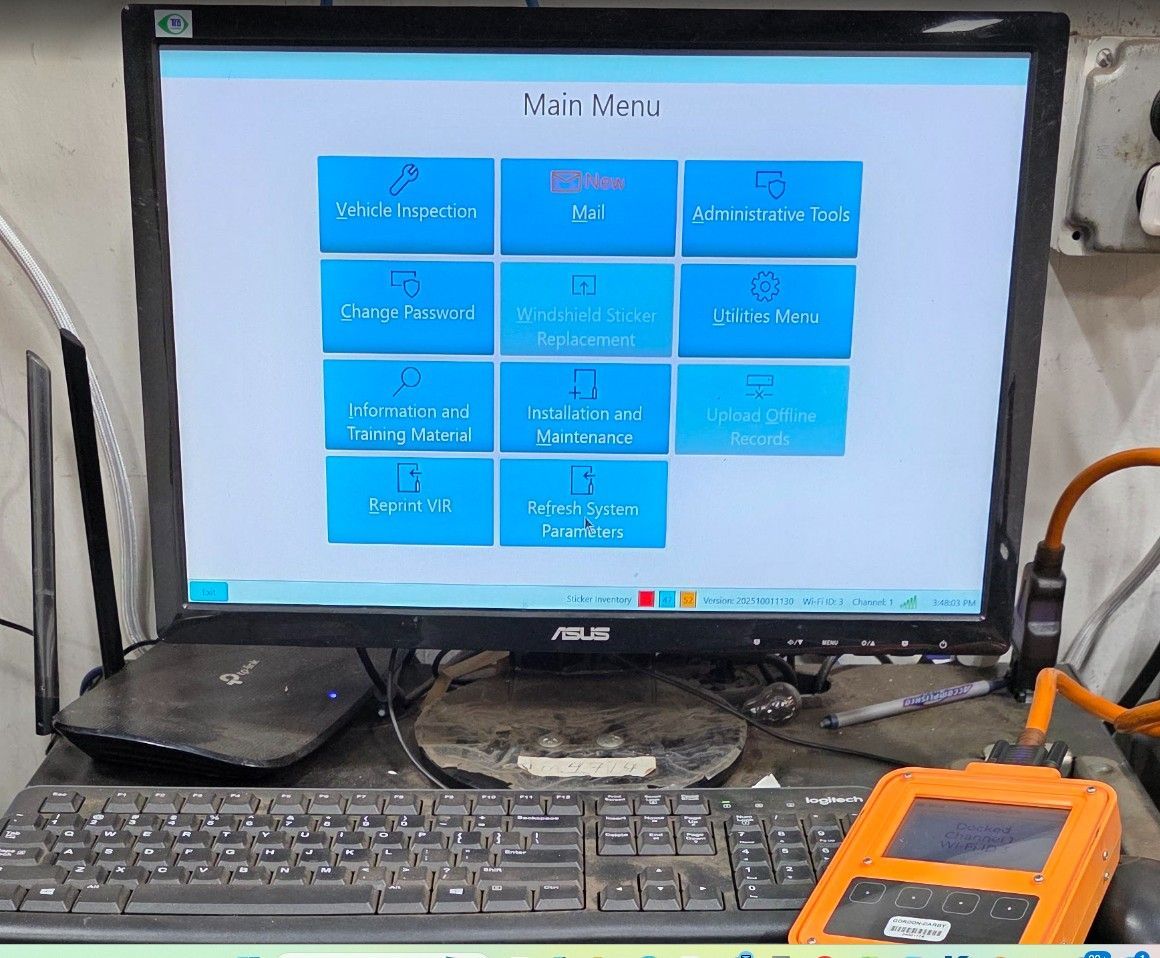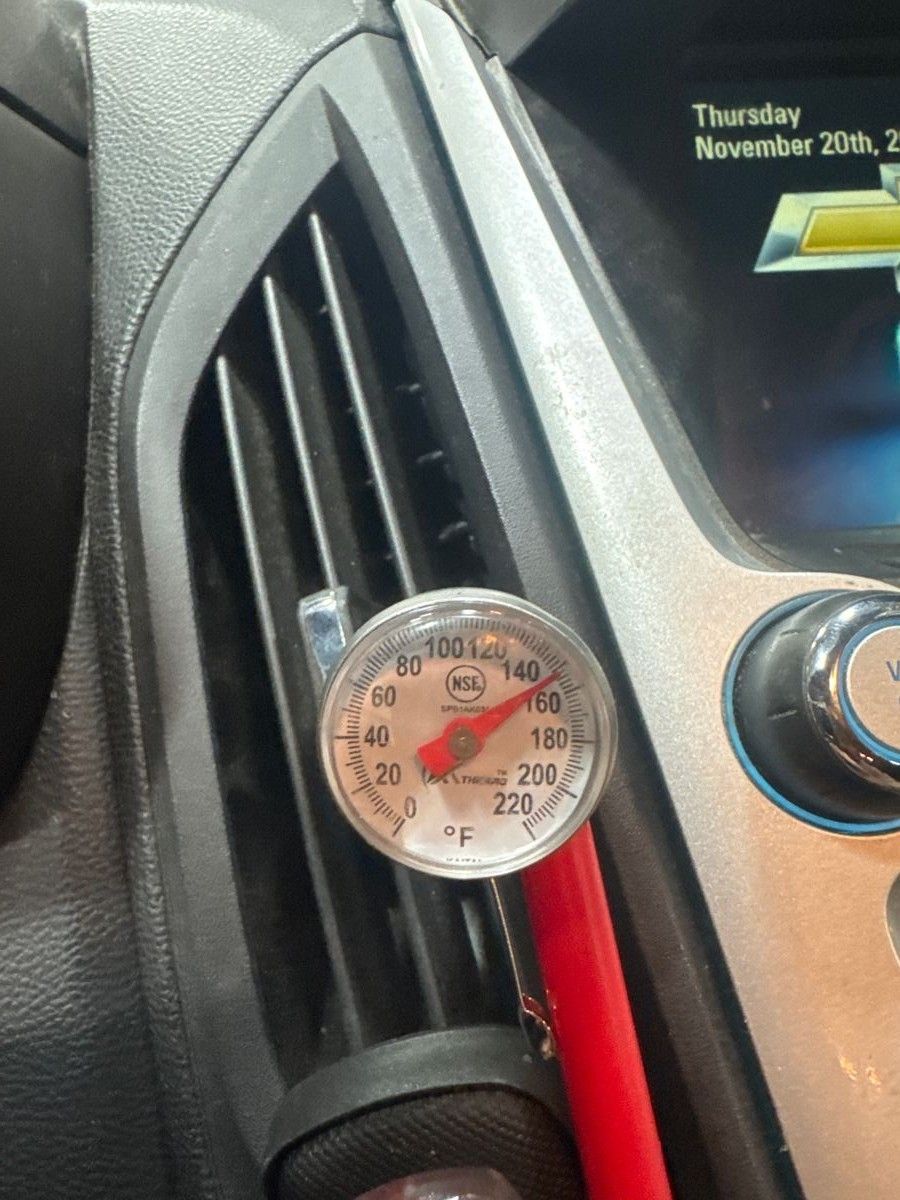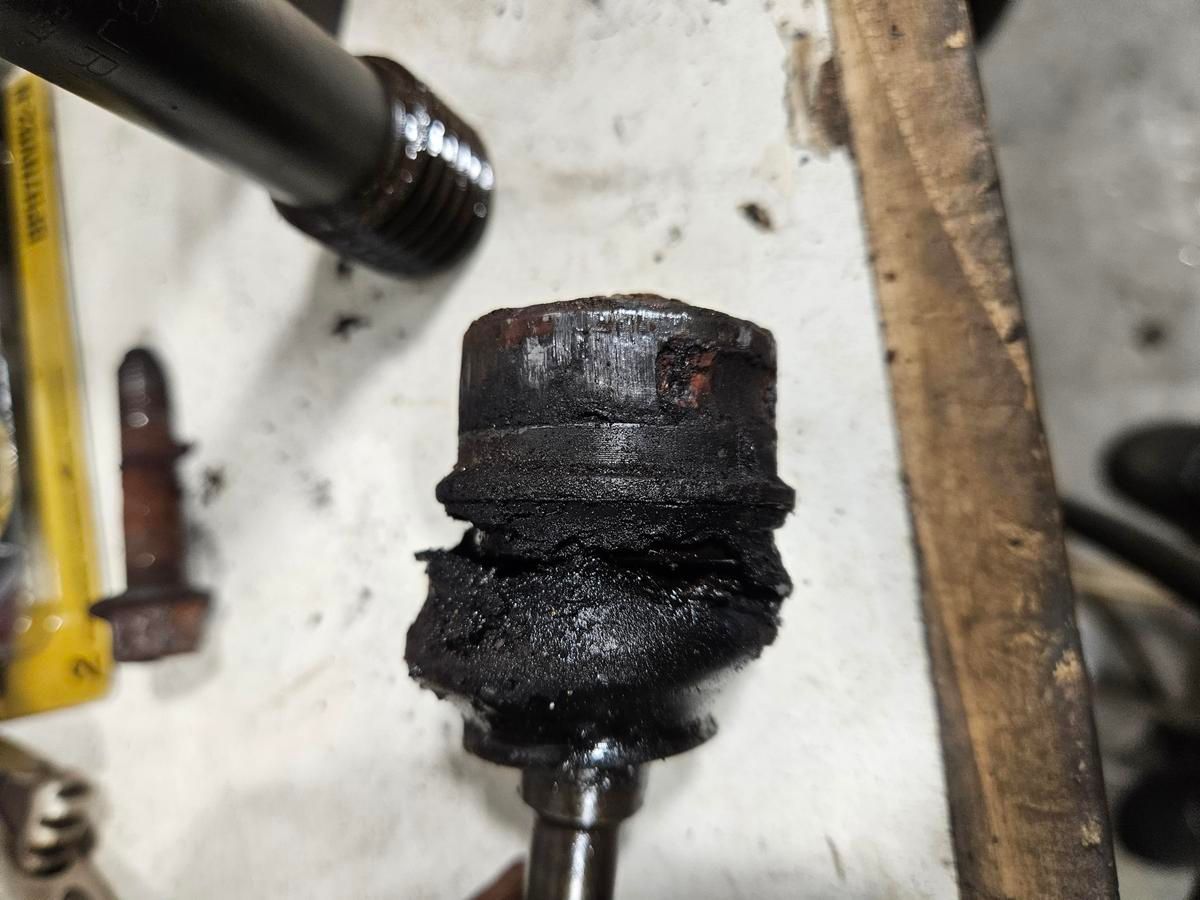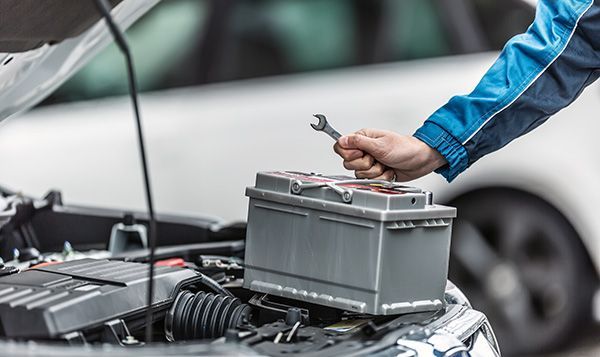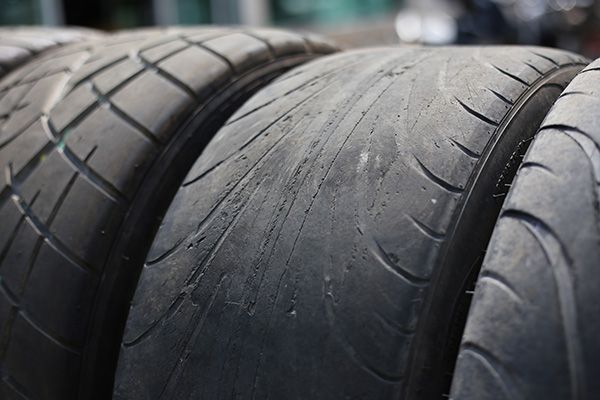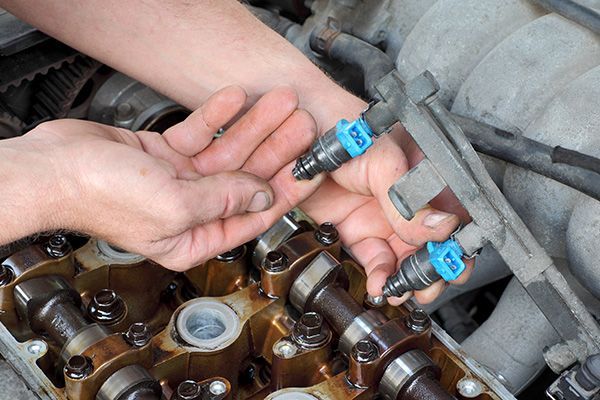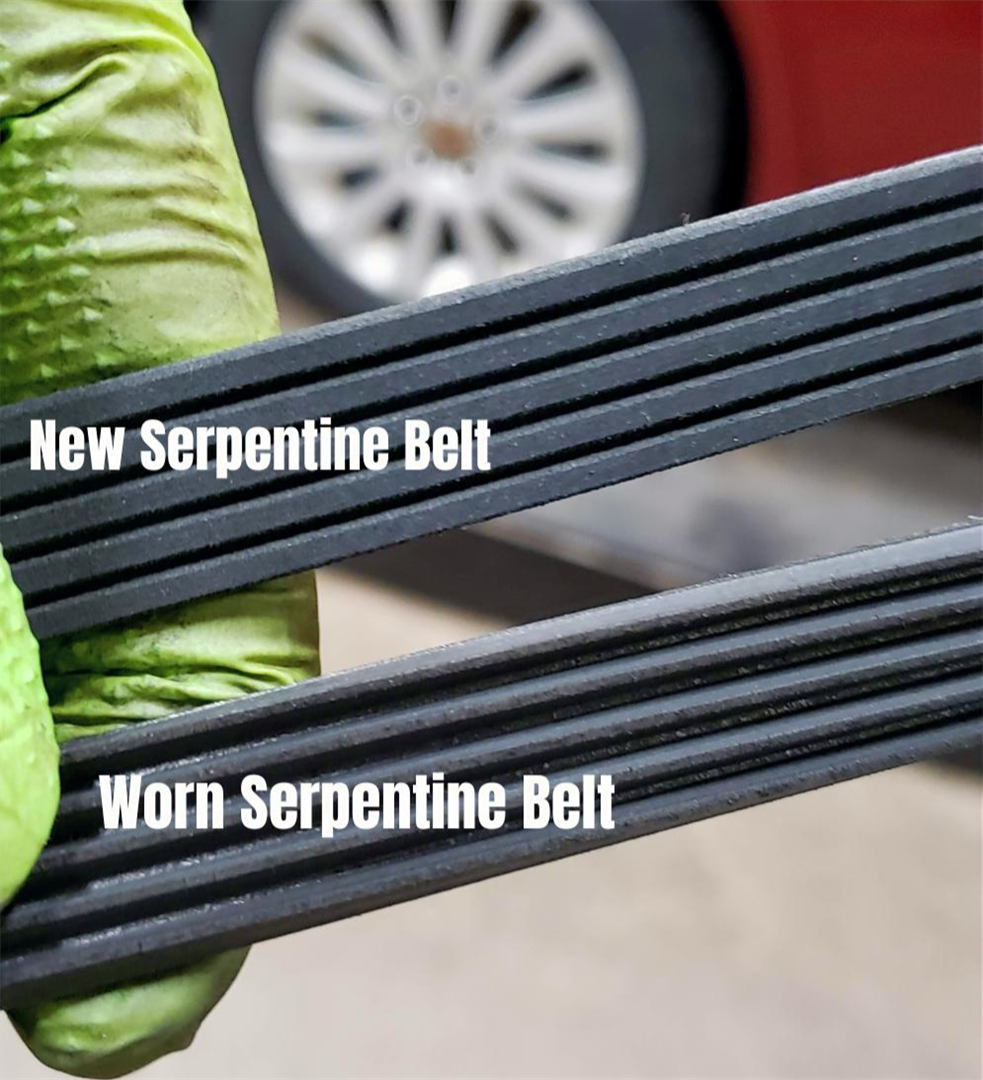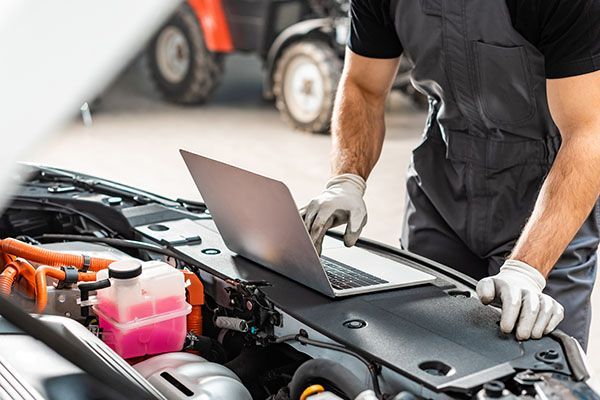
Regular vehicle maintenance is crucial for optimal performance and longevity. One essential aspect of maintenance is a tune-up, which involves inspecting and adjusting various components to ensure they are functioning efficiently. While a tune-up encompasses multiple parts of a vehicle, two main components greatly benefit from this procedure - below you will find exactly them.
Engine Performance
The engine is the heart of your vehicle, and its performance directly affects overall functionality. During a tune-up, several engine components are addressed, resulting in various benefits:
- Spark Plugs: Spark plugs play a vital role in igniting the air-fuel mixture within the engine cylinders. Over time, spark plugs can become worn or dirty, leading to misfires, reduced fuel efficiency, and decreased power. A tune-up involves inspecting and, if necessary, replacing spark plugs. This improves ignition efficiency, resulting in smoother operation, improved fuel economy, and enhanced power output.
- Fuel System: The fuel system includes components such as fuel injectors, fuel filters, and the fuel pump. During a tune-up, these elements are inspected and cleaned or replaced as needed. Dirty fuel injectors can cause uneven fuel distribution, resulting in rough idling, reduced power, and increased emissions. By cleaning or replacing fuel system components, a tune-up helps maintain proper fuel delivery, ensuring optimal engine performance, improved fuel efficiency, and reduced emissions.
- Ignition System: The ignition system includes components such as ignition coils, distributor (if applicable), and ignition timing. A properly functioning ignition system ensures the efficient ignition of the air-fuel mixture. During a tune-up, the ignition system is checked, and adjustments are made to ensure proper timing. This promotes smooth engine operation, optimal power delivery, and improved fuel efficiency.
- Sensors and Control Modules: Modern vehicles rely on various sensors and control modules to monitor and regulate engine performance. These components include the oxygen sensor, mass airflow sensor, and engine control module (ECM). During a tune-up, these sensors and modules are inspected, and if necessary, re-calibrated or replaced. This helps maintain accurate readings and precise control, resulting in improved fuel efficiency, reduced emissions, and overall engine performance.
Ignition System
The second main component that benefits from a tune-up is the ignition system. A properly functioning ignition system ensures reliable starting, smooth running, and efficient fuel combustion.
In older vehicles equipped with a distributor, a tune-up involves inspecting and adjusting the distributor cap, rotor, and ignition timing. Proper adjustment of the distributor ensures that the spark is delivered accurately to each cylinder, resulting in improved engine performance and fuel efficiency.
Ignition wires (also known as spark plug wires) deliver the electrical current from the ignition system to the spark plugs. Over time, these wires can wear out, resulting in poor conductivity and misfires. During a tune-up, ignition wires are inspected, and if necessary, replaced. This ensures consistent spark delivery, smooth engine operation, and enhanced fuel efficiency.
Looking for a place where you can tune-up your car? Accomplished Auto is here to help with that! Visit us at 134 Hall St. Ste A, Concord, NH, and we will be happy to help out.
